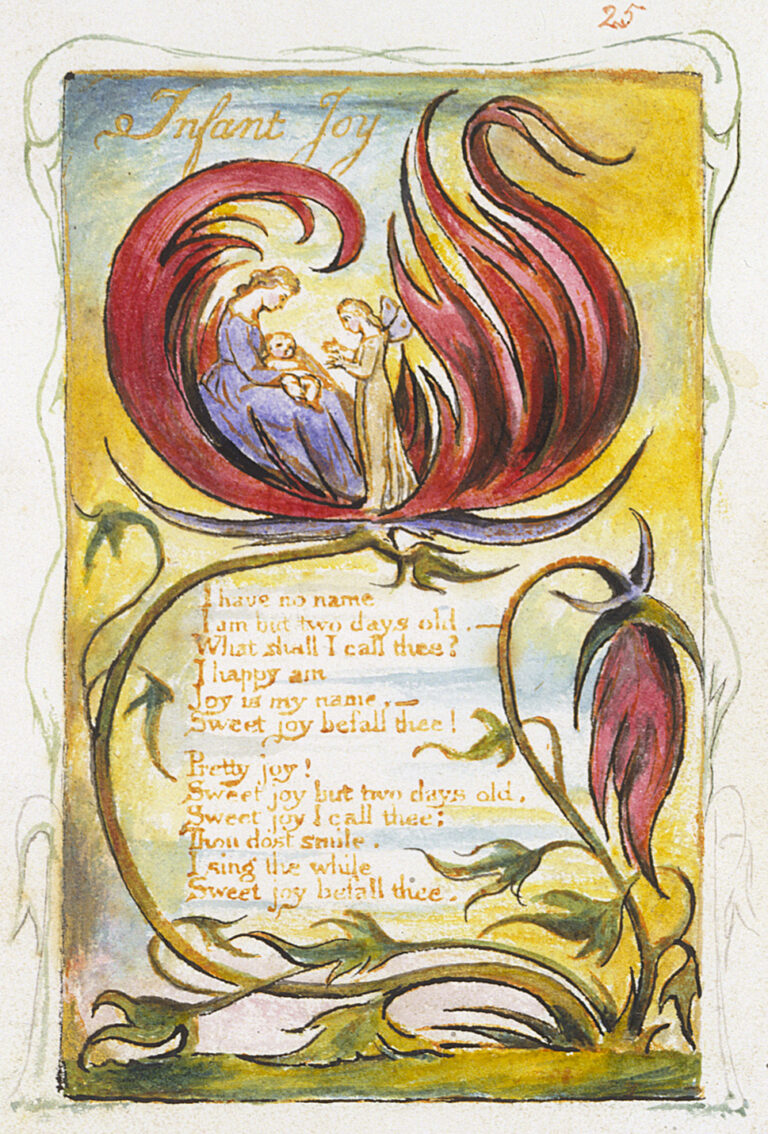Meaning
The Popular Choice
Mickey, a diminutive of Michael, is a name brimming with cultural significance and widespread recognition. Its enduring popularity stems from its charming simplicity, evocative imagery, and strong association with beloved figures in entertainment.
The name Michael itself has roots in Hebrew, meaning “who is like God?” It has been a popular given name for centuries across various cultures, transcending religious and linguistic boundaries.
The diminutive form, Mickey, emerged as a more informal and endearing variation of Michael. Its rise to prominence is closely linked with the iconic character created by Walt Disney, Mickey Mouse. Introduced in 1928, Mickey Mouse quickly captivated audiences worldwide, becoming a symbol of joy, innocence, and American pop culture.
Mickey’s association with this beloved cartoon character further cemented its place as a popular choice for parents seeking a name that was both familiar and distinctive. The name carries connotations of playfulness, lightheartedness, and boundless energy, traits often attributed to childhood and youthful exuberance.
Beyond its entertainment connections, Mickey also possesses a certain timeless quality. Its brevity and easy pronounceability make it a universally appealing name, suitable for individuals from diverse backgrounds and cultures.
While the popularity of Mickey has fluctuated over the years, it remains a consistently cherished choice for parents. Its enduring legacy is a testament to the power of cultural icons and the universal appeal of simple, heartfelt names.
A Nickname’s Journey
Mickey, a diminutive form of Michael, carries a rich history and a vibrant meaning that has resonated across cultures and generations.
Michael, derived from the Hebrew name “Mikha’el,” signifies “who is like God?” This powerful meaning imbued early bearers of the name with an aura of strength and divine connection. Over time, Michael became a popular given name, particularly in Western societies, leading to the emergence of various nicknames, including Mickey.
The shortening of Michael to Mickey likely began in informal settings, where familial affection and playful familiarity fostered the creation of diminutive names.
Early 20th century America saw Mickey’s popularity soar, propelled by cultural icons like Walt Disney’s beloved cartoon character, Mickey Mouse. This iconic mouse, known for his optimism, resilience, and endearing personality, cemented Mickey as a cherished name associated with joy, innocence, and lightheartedness.
Despite its origins in formal nomenclature, Mickey has evolved into a versatile and widely accepted nickname, transcending age groups and social backgrounds. It embodies a sense of approachability, warmth, and timeless appeal.
Origin
European Roots
The name “Mickey” is a diminutive of **Michael**, which has *Greek* origins.
“Michael” itself comes from the Greek word “*Mikhaēl*”, meaning “**who is like God**?”.
This name rose to prominence in Europe, particularly after its adoption by the Archangel Michael, a prominent figure in Christian tradition.
Over time, the name Michael was shortened and adapted into various nicknames across different languages and cultures.
“Mickey” emerged as a popular diminutive of “Michael”, particularly in *English*-speaking countries.
The exact timing of its emergence is difficult to pinpoint, but it appears to have gained widespread usage in the *19th century*.
Its popularity was further fueled by its adoption by famous figures like **Mickey Mouse**, the beloved Disney character created in 1928.
Today, “Mickey” remains a popular and widely recognized nickname for Michael, often perceived as charming, friendly, and approachable.
American Evolution
The name “Mickey” is a diminutive of “Michael,” a name of Hebrew origin meaning “who is like God?”
“Michael” has been a popular name for centuries across various cultures, with notable figures bearing the name throughout history, including archangels and saints.
The diminutive form “Mickey” emerged as a nickname or shortened version of “Michael” sometime during the Middle Ages.
Its popularity surged in the 20th century, largely due to the iconic cartoon character Mickey Mouse created by Walt Disney in 1928.
Before Mickey Mouse, the name “Mickey” was already used as a nickname for Michael in some circles. However, the association with the beloved mouse brought it into mainstream use and made it a widely recognized and cherished given name.
Today, “Mickey” is primarily used as a masculine given name, though it can occasionally be found as a nickname or pet name for females named Michaela or other names similar to Michael.
“Mickey Mouse” has become a global cultural icon representing innocence, joy, and the magic of entertainment.
The name “Mickey” therefore carries with it a strong association with these positive qualities, contributing to its enduring appeal as a name for children.
History
Early Appearances
The name “Mickey” is a diminutive of “Michael,” which has Hebrew origins meaning “who is like God?”
It was first recorded in English during the Middle Ages.
Here’s a breakdown of its journey through history:
-
- Middle Ages (12th-15th Centuries):
“Michel” and “Mychel” were common spellings, often used for male figures in literature and records.
-
- Renaissance (14th-16th Centuries):
The name’s popularity surged, fueled by the cultural influence of prominent figures named Michael (like Saint Michael). This era saw the rise of nicknames like “Mickey,” likely stemming from a desire for a more familiar and endearing form.
-
- 17th-18th Centuries:
“Mickey” gained wider acceptance as a nickname, appearing in various forms like “Mick” or “Mikie.” It was often used among working-class communities and rural areas.
-
- 19th Century Onward:
“Mickey” solidified its place in popular culture with the emergence of iconic figures like Mickey Mouse (created by Walt Disney in 1928). This association cemented the name’s image as playful, charming, and universally recognized.
Today, “Mickey” is primarily used as a given name for boys but can also be found as a nickname for Michael or other names starting with “Mic,” such as Micah or Mitchell. Its history reflects its evolution from a dignified biblical name to a beloved and iconic moniker.
Cultural Icon
The iconic name “Mickey” has a fascinating history that intertwines with popular culture and linguistic evolution. While its exact origins are debated, it’s generally believed to be a diminutive of the given name “Michael.” This name, rooted in Hebrew, means “who is like God?” It gained immense popularity across Western cultures, leading to numerous shortened and variant forms, including Mickey.
The rise of “Mickey” as a cultural phenomenon can be directly attributed to the creation of the beloved cartoon character, Mickey Mouse, by Walt Disney. Introduced in 1928, Mickey’s infectious charm and playful personality captured the hearts of audiences worldwide. His enduring success solidified “Mickey” as a nickname synonymous with childhood innocence, happiness, and entertainment.
The popularity of Mickey Mouse extended far beyond animation. The character became a global brand, spawning merchandise, theme parks, films, and countless other iterations. This widespread exposure further cemented “Mickey” as a widely recognized and cherished name.
Interestingly, the name “Mickey” also found its place in popular music. Songs like “Mickey” by Toni Basil became cultural touchstones, showcasing the enduring appeal and versatility of the name. This demonstrates the name’s ability to transcend generations and connect with audiences through diverse art forms.
Today, “Mickey” remains a beloved and enduring name. It evokes feelings of nostalgia, joy, and childhood wonder for many. While its origins lie in the traditional shortening of Michael, it has evolved into a cultural icon, forever linked to the magic and legacy of Mickey Mouse.
- 30 Best B2B Leads Database Providers to Try in 2025 - April 26, 2025
- Best Clay Alternatives for 2025 - April 26, 2025
- Best Lusha Alternatives for 2025 - April 26, 2025


